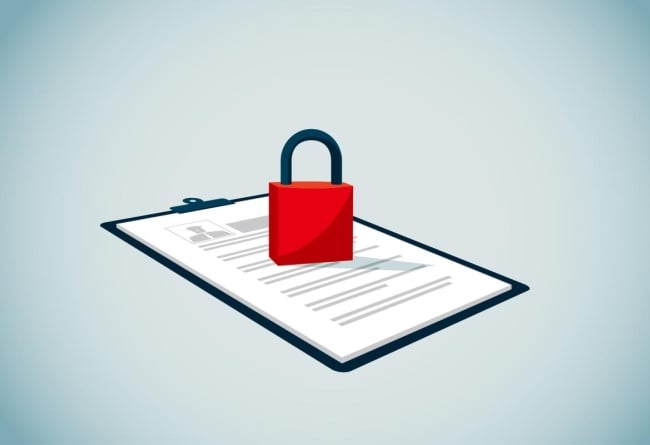You have /5 articles left.
Sign up for a free account or log in.

erhui1979/Getty Images
On a recent episode of The Key, Inside Higher Ed's news and analysis podcast, Martin Kurzweil of Ithaka S+R described college and university policies that withhold academic transcripts from students who owe money to the institution as "pernicious." Students often need those transcripts, which prove that they have previously earned credits or credentials, to continue their educations or get jobs that might pay them enough to repay their debts, Kurzweil said, so the policies are not only problematic for the students but also unwise for the colleges and universities themselves.
Officials in more and more states and at more and more colleges seem to agree.
On Thursday, the University of Illinois system announced that its institutions had "ended the practice of restricting access to transcripts for students with past-due balances." The move comes in the wake of a law signed by Gov. J.B. Pritzker in May barring the use of the practice as of the 2022-23 academic year, although the Illinois system said the change was in the works when legislators passed the law.
"Students come to the University of Illinois in search of the keys to opportunity and to the better life that higher education promises. Blocking access to those keys, often over minor debts, runs counter to our mission," Tim Killeen, president of the Illinois System, said in a news release. "This change in policy is in keeping with our commitment to equity and to maintaining access to the life-changing education available at our universities."
The system's three campuses at Urbana-Champaign, Chicago and Springfield previously withheld transcripts if a student had unpaid university debts of $25 or more, the university system said. Officials said the change provided immediate access to about 10,000 people -- about 2,300 current students and more than 8,000 former ones.
Steps to Reduce Administrative Holds
Also on Thursday, Ithaka S+R published its latest report on the problem of what it calls "stranded credits," because students have completed the academic courses but are unable to prove it to employers or educational institutions because they lack access to their transcripts.
The new report documents steps that states and colleges have taken to unlock those credits and offers guidance to those who want to address the problem.
The report includes a map that shows the eight states that have prohibited the use of transcript holds, as well as states that have policies that either specifically allow institutions to impose holds or (in the case of Tennessee and Florida) actually require them in some instances.
The report also explores states' use of other practices that may punish students for institutional debts, such as allowing or requiring public colleges to sic state debt collection agencies on current or former students who owe them money (as in Louisiana, New York, Ohio and Virginia).
And it encourages individual colleges and universities to adapt their policies to meet the needs of today's students, to improve communication among departments and units on their campus (so a financial aid counselor knows that the student has a past due balance with the bursar, for instance), and to work with neighboring institutions to smooth the transcripting process for students.





